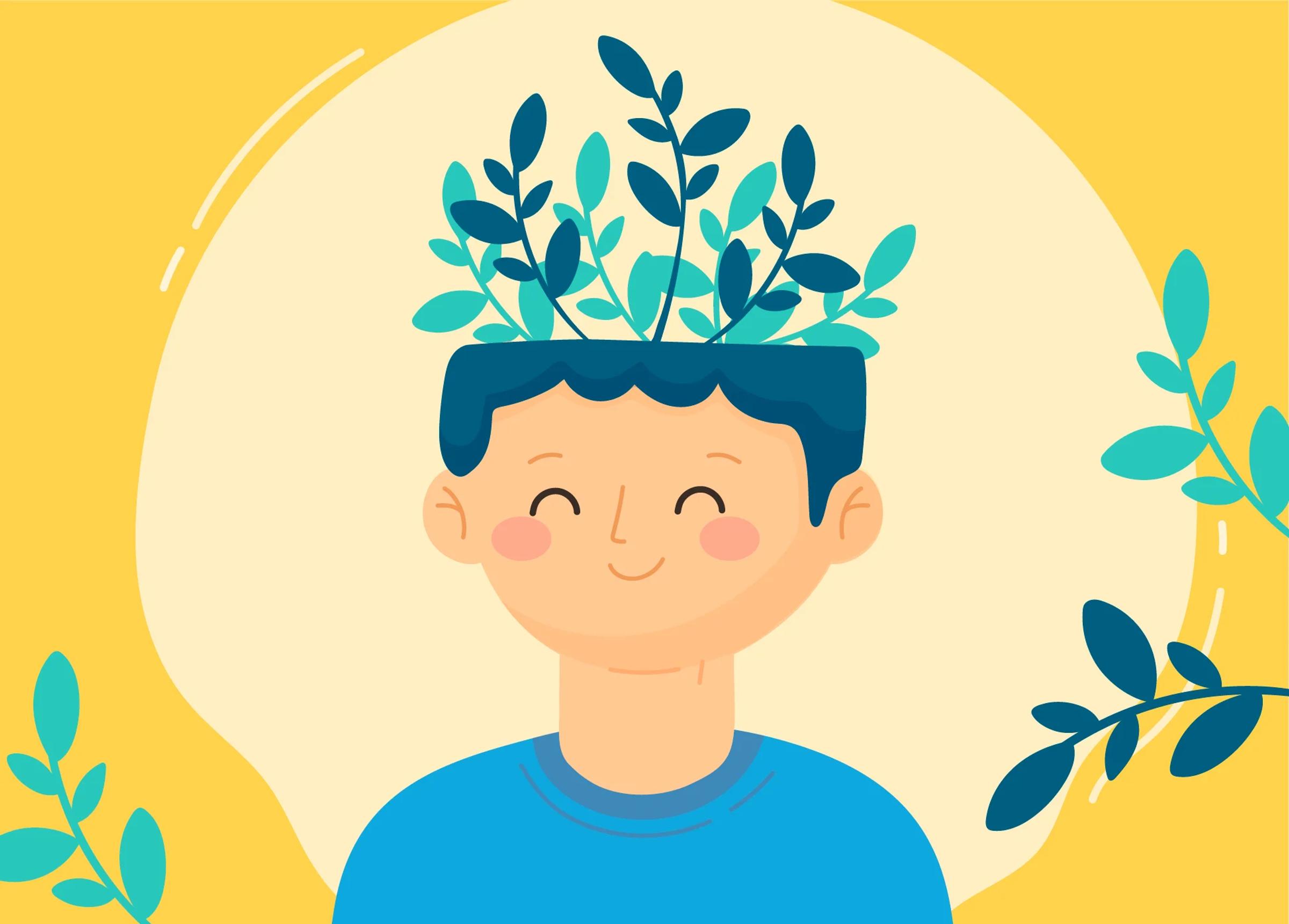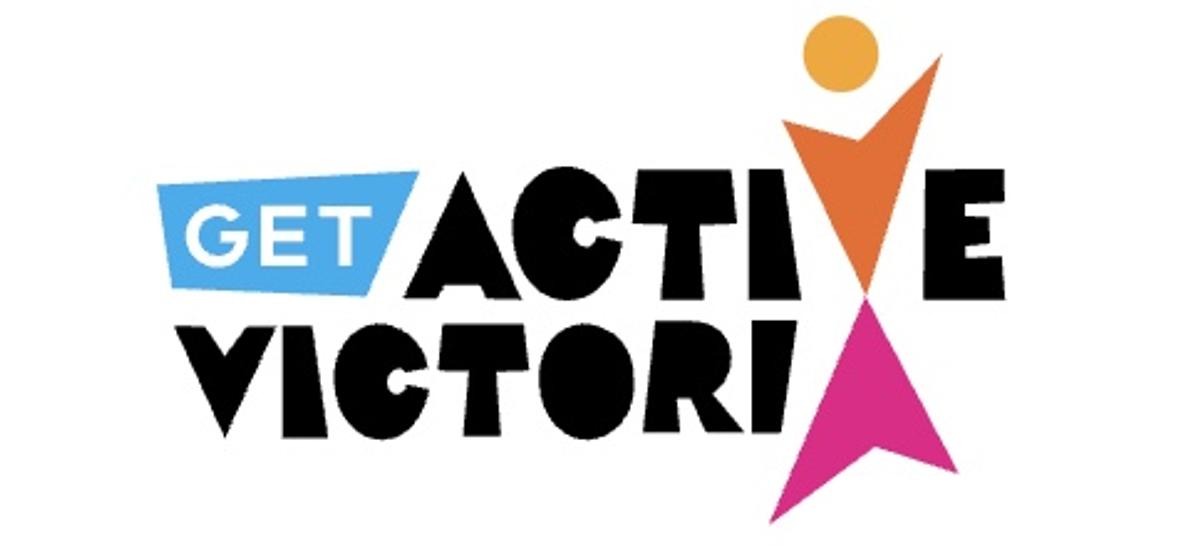Wellbeing Report
Get Active Victoria Initiative

Wellbeing Report
Get Active Victoria Initiative


At Get Active Victoria, they believe that every small moment counts when it comes to being active — and it looks different for us all. If you find it difficult to fit in traditional exercise, try incorporating small bursts of activity throughout your day. Think about where and when you can add a little more movement, whether it’s a short walk, stretching during TV time, or taking the stairs instead of the lift.
Get Active Victoria is here to help individuals and families make positive changes to their health and wellbeing. Our goal is to encourage all Victorians to be active every day, in a way that works best for them.
Making small changes to your daily routine can have a big impact on your overall health and wellbeing. It’s all about finding what works for you and making it part of your everyday life!
The Get Active Victoria website is a fantastic resource, offering ideas for physical activities, information on local parks and recreational spaces, and expert tips to keep you moving.
By joining Get Active Victoria, you’ll gain access to a wide range of free tools, including a library of guided home workouts, to help you stay active at your own pace. Plus, you’ll be part of a vibrant community of over 99,000 people, all working towards healthier, more active lifestyles.
It’s also where you can access our Kids Voucher Program, providing families with support to help children stay active. Get Active Victoria Voucher initiative helps to provide $200.00 towards sporting activities for each child.
For more information, please visit the website at https://www.getactive.vic.gov.au/vouchers/apply-for-vouchers/
and discover how easy it can be to get moving!
Millions of Aussie kids are about to go on school holidays. If your child is one of them, you may be grappling for new ways to amuse them. Look no further.
Here are 7 ideas for healthy holiday activities, which might just be good for the whole family.
Teaching children how to cook is an easy way to encourage them to eat healthily — well into adulthood. One study published in the Journal of Nutrition Education and Behavior found that young adults (aged 18 to 23) with some cooking skills had better nutritional outcomes a decade later, such as eating more vegetables and consuming less fast food.
Find simple recipes that you can make together at the Dietitians Australia website.
There is some evidence that children can lose some fitness and increase their body mass index (BMI) during a summer break. So, children aged 5 and over should be physically active for at least 60 minutes every day.
Try incorporating activities that make kids 'puff', and build strength, into your day. For example, a few minutes of dancing before dinner, playing ‘chasey’ or ‘tip’, and scootering to the shops.
According to raisingchildren.net.au, busy work schedules, lack of space and screen time — on devices such as TVs and tablets — can get in the way of physical activity. If you can’t get out to a park, consider talking to neighbours with young children about sharing the supervision of play time outside or in a safe street.
It may not be the most popular holiday activity, but it’s important. More than half of Australian 6-year-olds have some tooth decay.
Children need a dental check at least once a year from the age of 12 months, or within 6 months of their first tooth appearing. Medicare covers the cost of dental services for some children; you can check whether your child is eligible on the Child Dental Benefits Schedule (CDBS) website. Some families use private health insurance to pay some or all of their dental costs.
Geocaching is a real-life, outdoor treasure hunt. You follow GPS (global positioning system) coordinates on your GPS-enabled device (such as a mobile phone) to find a ‘geocache’ (a container) hidden at that location.
Inside the geocache is a logbook and ‘treasure’, which might include inexpensive small toys, ornamental buttons, books or interesting coins. Your child can take one of the treasures and replace it with something of equal value.
To get started, register for free at Geocaching.com. Don’t forget: comfortable walking shoes, sunscreen, a hat, a pen, water, healthy snacks and something to leave inside the geocache.
School holidays can be the perfect opportunity for kids to master their freestyle — or simply build their confidence in the water.
This is particularly important for children with autism spectrum disorder (ASD), who are at greater risk of drowning than the general population. This is, says Austism Awareness Australia, because children with ASD are more likely to wander and be attracted to water.
Find a swimming instructor who’s specially trained in coaching kids with ASD at Autism Swim.
Kids need more sleep than adults, which facilitates their growth, learning and development. Getting a solid night’s sleep can make your child happier, help them concentrate and improve their behaviour.
While it’s tempting to stay out later in the school holidays — and the odd late night for a special occasion is unlikely to cause harm — try to stick to their normal bedtime routine and encourage your child to get enough sleep for their age:
Download the Sleep Health Foundation’s Sleep Clock activity to help your children get enough sleep. (It will also give them another thing to do in the holidays — a bonus.)
You don’t need to amuse your kids every minute of the school holidays — boredom is good for children. By pushing through boredom and entertaining themselves, kids learn to think more creatively and hone their problem-solving skills.
They’re also able to choose activities that match their mood. If your child's feeling energetic, they’ll be physically active; if they’re tired, they may find a restful thing to do. Boredom also promotes resilience, as they learn to get through something that, to a child, can feel tough or stressful.